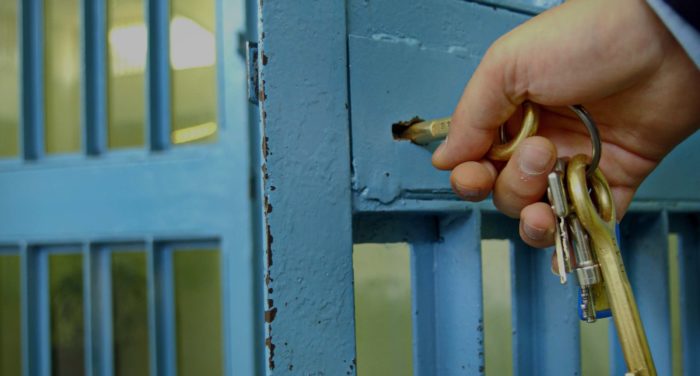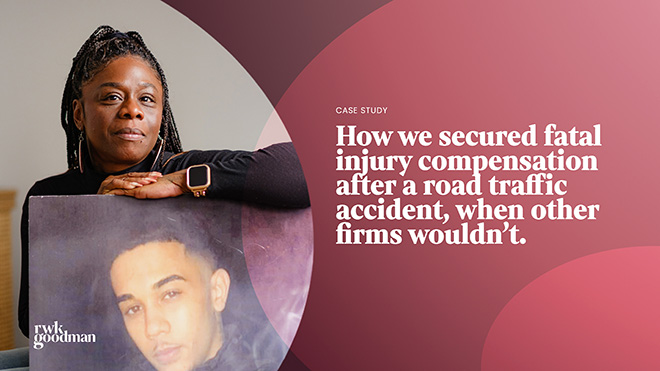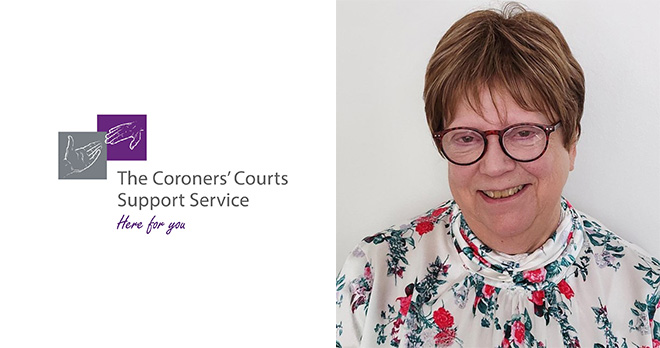Inquest into prison death raises significant concerns over health provision and duty of candour
Ali Cloak and Holly Sumbler acted for a family in an inquest into the death of a man at HMP Lowdham Grange (referred to here as C), where the jury returned a conclusion of neglect and confirmed a damning list of failures.
The Coroner was concerned by a series of individual and systemic failures, including:
- unsafe staffing levels;
- inadequate training;
- failure of leadership; and
- failure in the duty of candour.
The Coroner confirmed she will write a Prevention of Future Deaths report and, additionally, will report 17 healthcare professionals to their regulator for investigation. Ali and Holly instructed Emma-Louise Fenelon of 1 Crown Office Row.
How the death occurred
C was a serving prisoner who had been placed into segregation when he demonstrated unusual behaviour. As a result he did not receive his usual medication to help manage his psychiatric condition.
C deteriorated significantly over the next week, with very limited observation / assessment by prison or healthcare staff.
By the time he was eventually transferred to hospital eight days later by ambulance it was necessary to put him into an induced coma. Although C showed initial signs of improvement in hospital, six days later he suffered cardiac arrest as a result of a pulmonary embolism and sadly died.
C was described as loving, funny, mischievous, and kind. He will be greatly missed by his family.
The inquest process
The family instructed RWK Goodman to support them through the coroner’s inquest. They were keen to gain an understanding of what had happened to their son.
The inquest was extremely challenging for the family. It had been hugely delayed due to the Covid-19 pandemic, and in the hearing itself they were faced with many witnesses admitting they failed to adhere to even the most basic elements of their role. Despite the stark evidence heard, there was still a reluctance from the Trust to admit that things had gone wrong until day 10, when they admitted neglect.
The inquest was originally listed for nine days but overran by a further 10 days due to a series of complicating factors including:
- large volumes of late disclosure;
- an application for adjournment;
- applications for separate IP status and separate representation due to whistleblowing concerns;
- two healthcare witnesses were reluctant to engage with the coronial process such that it was necessary for the issuing of a witness summons by UK Border Force at Heathrow airport and arrangements to be put in place for their arrest if they failed to comply with their summons;
- evidence ultimately being heard from 30 witnesses.
The conclusion
Ultimately, the jury identified failures including:-
- the practice of photocopying observation sheets;
- failure to properly document their concerns about C;
- failure to carry out adequate welfare checks;
- failure to perform a capacity assessment;
- failure to carry out clinical observations;
- failure to proactively manage C’s deteriorating condition;
- failure to call an ambulance when clearly required;
- failure to pass on vital medical information to hospital staff.
The jury also found a number of systemic failings in relation to the healthcare Trust, including:-
- unsafe staffing levels;
- inadequate training for staff;
- the Trust not having adequate policies in place;
- staff not understanding the policies that were in place;
- failure in leadership;
- failure in the duty of candour.
The duty of candour relates to honesty and openness when things go wrong, and this applies to professionals such a doctors and nurses. There was a striking lack of reflection by the healthcare witnesses involved in this inquest, and the senior management team, which severely hampered the progress of the inquest and added to the family’s distress.
The Coroner indicated that she would be issuing a wide-ranging Prevention of Future Deaths report criticising what she described as “serious failings” in disclosure, inquest preparation and the duty of candour by the healthcare Trust to the Trust’s Chief Executive, Minister for Prisons Damian Hinds MP, the CQC, and NHS Commissioners. In addition, she also indicated that she will be referring every single healthcare trust clinician (17 in total) to their professional regulator.
C’s mother says:
“We are completely traumatised by what he went through and we are still unable to get over the way Christopher was treated which only fully came to light during the inquest. We are absolutely devastated. We miss him so much and we feel as though our world is crushed by the loss of our son. We do not want any one else to have to go through this.”
The family are exploring further legal action.
Our specialist inquest solicitors are here to help you get the answers you deserve following the death of a loved one.
Call now

Inquests into a death in prison
Find out more about inquest representation following a death in prison.
Our supportive and understanding team have a wealth of experience helping the families of people who have died in prison find the answers they deserve.
More insights from our inquests and fatal claims team
View more articles related to Inquests and Fatal Claims







